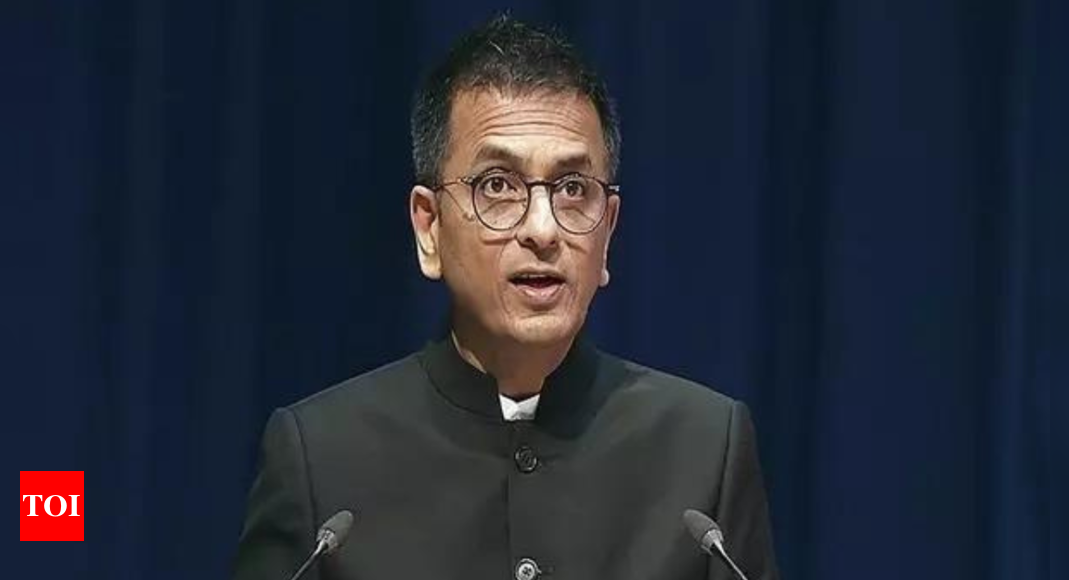The judgment of a court cannot be “directly overruled”, but the legislature can enact a fresh law to “cure” the deficiency in a judicial order, Chief Justice of India D Y Chandrachud said Saturday.
“There is a dividing line between what the legislature can do and what the legislature can’t do when there is a judgment of the court,” he said at the Hindustan Times Leadership Summit, adding that judges don’t think about how society will respond when they decide cases, unlike the different arms of the government.
The CJI asserted that judges are guided by constitutional morality and not public morality while adjudicating cases. “The fact that judges are not elected is not our deficiency but our strength,” he observed.
On representation of women in the judiciary, Chandrachud said, “We need to redefine merit in an inclusive sense. Yes, it’s correct that we do not have adequate women in the higher judiciary because there are structural barriers in the entry level of the judicial system… For example, entry into the chamber of senior counsel does not follow merit and it’s an old boys club. If you open a level playing field for women…you will have more women in the judiciary.” He also said most of the tests were conducted in English and were urban-centric.
Language was also one of the critical barriers to accessing justice, he said. “The Supreme Court of India conducts all its proceedings in English and the Constitution did so (provide for it) for a valid reason which was that in a country which has 22 languages recognised by the Constitution, you have diverse judges coming from different parts of the country, English was construed as a central language which will bind the institution together. But that is not the language we speak, which means we are not able to reach out to the people in languages they understand.” Judgments are being translated using AI and “today we have 31,000 judgments translated in different languages. The idea is that courts must reach out to people,” he said.
Asked whether 65 is too young an age for Supreme Court judges to retire, the CJI said it is for Parliament to decide. “It is important that judges must retire… Judges are human beings…you must pass on the mantle to succeeding generations who would be able to point out errors of the past and rejig legal principles for society to evolve… to give that sort of power to unelected judges to continue for life, in the Indian context, it is wisely not adopted by the Indian Constitution.”











